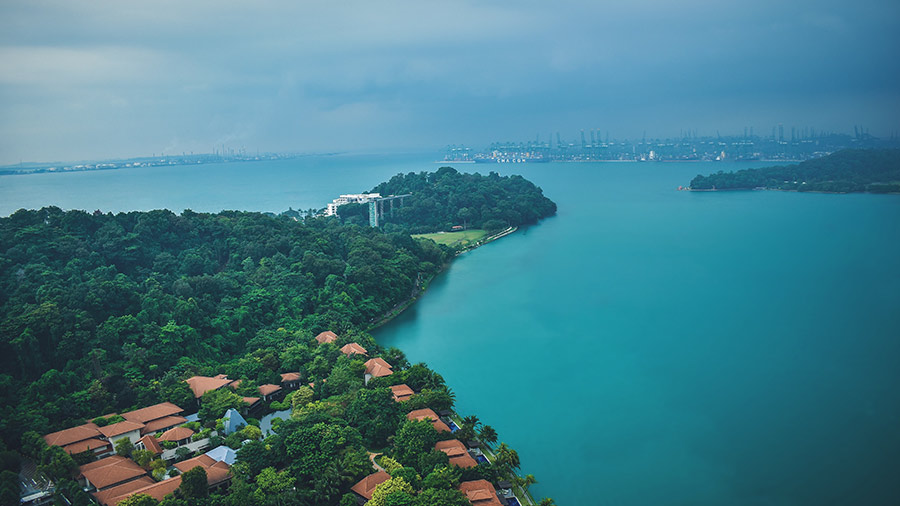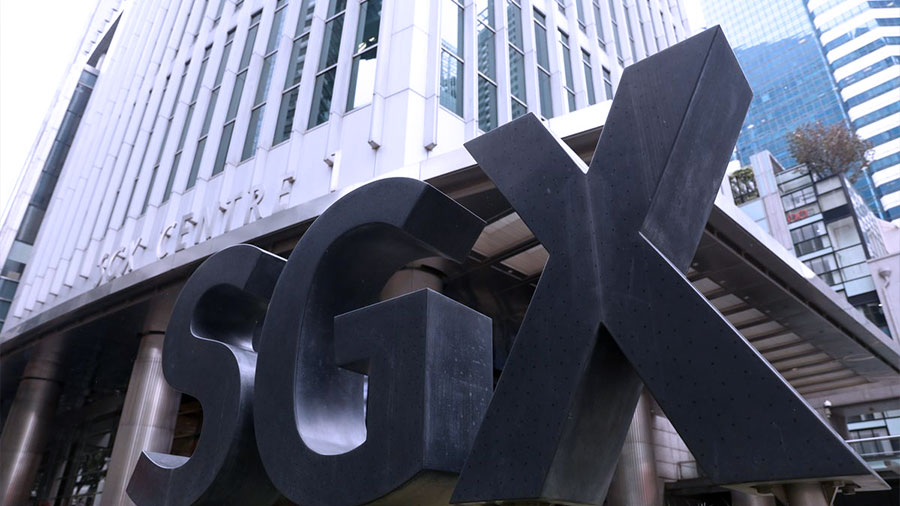Singapore has elected to widen its regulations aimed at curbing the nation’s sugar intake. From the end of 2023, the city-state’s food and beverage outlets will be required to indicate which of their drinks are high in sugar through the use of a government-developed grading system. The measures will build on regulations that are soon to come into effect concerning pre-packaged drinks.
By the end of 2023, food and beverage outlets in Singapore will be required to include nutrition labels on their menus, according to measures announced by the government in early August. The labels will indicate freshly brewed drinks that contain higher levels of sugar and saturated fat. Advertising bans will also be introduced on drinks that fail to meet the government’s threshold.
“Our latest measures will require the outlets selling these drinks to the label on their hard and softcopy menus beverages higher in sugar and saturated fat with the Nutri-Grade mark,” said Health Minister Ong Ye Kung on August 11.
These latest measures aim to help customers make informed decisions when purchasing drinks and build on provisions concerning pre-packaged drinks that are due to come into force later this year.
Singapore is already among the healthiest country in the world, and diet plays a considerable role in that. Singaporeans will have 73.9 years of good health, only second globally to Japan. Meanwhile, the average Singaporean will live 83.1 years, behind Japan and Switzerland.
According to the Bloomberg Global Health Index, which ranks countries based on variables like life expectancy, causes of death, and health risks, Singapore is the 8th healthiest country in the world. One feature contributing to the high rank is the relatively health-conscious lives lived by Singaporeans and comparatively low levels of obesity.
What’s included within the latest measures?
Speaking in early August, Ong said that the Health Ministry was working towards publishing its new measures in the middle of next year. The government aims to have these measures implemented by the end of 2023, he added.
The Nutri-Grade system – which will be used to grade pre-packaged drinks from December 30 this year – will be extended to include freshly-made drinks, under the plans announced by the minister.
Under the existing measures for pre-packaged drinks, the grading system ranges from A to D, with D being the unhealthiest. Those highest in sugar and saturated fats will get a C or D rank and will be required to display the Nutri-Grade label on their packaging. It will be color-coded – A (dark green), B (light green), C (orange), and D (red). Drinks ranked D will be prohibited from advertising. It is understood that the provision being introduced for freshly made beverages will also include a ban on advertising.
Ong said that these measures aim “to help consumers make more informed, healthier choices, reduce the influence of advertising on consumer preferences and spur industry reformulation”.
The minister specifically highlighted the role of freshly brewed drinks, including coffee and bubble tea, in increasing the sugar intake of Singaporeans. “While we cannot avoid the sugar in juices and sugar cane drinks, we can enjoy coffee, tea, Milo, and bubble tea with less sugar content,” he said.
(BIG QUOTE) “I hope more Singaporeans will realize that less sugar will bring out the natural flavors of the drinks and we may well find them even more enjoyable . . . More importantly, it keeps us healthy, and staves off a very scary disease in diabetes.”
Consumption trends
Singapore has become an increasingly eco-conscious and health-conscious nation in recent years, with citizens moving away from high-sugar, high-fat foods and being more likely to adopt plant-based alternatives than those in other countries.
Speaking in August, the health minister highlighted that provisions concerning pre-packaged drinks had already engendered a positive response from both the demand and supply sides since the policy was first announced.
Ong said that producers had been proactive and “significantly reformulated their beverages” ahead of the effective date of the measures for pre-packaged drinks. “Preliminary data shows that the median sugar level of pre-packed beverages has been reduced from 7.1 percent in 2017 to 4.7 percent in 2021,” he said.
The minister also highlighted that the sale of pre-packaged drinks graded C or D has also fallen from 63 percent in 2017 to 40 percent in 2021. Meanwhile, there has been an increase in the sale of drinks, ranked A or B, from 37 percent in 2017 to 60 percent in 2021.
Ong said the shifts in consumer behavior were comparable to those seen in the UK “which has implemented a sugar tax, and much more stringent regulation of the market.”
The government has also been attempting to increase Singaporeans’ intake of water. The state aimed to have installed water dispensers at 112 hawker centers – an open-air cooked food complex commonly found in Hong Kong, Malaysia, and Singapore – by mid-2020. This has been complimented by the installation of water coolers at bus interchanges.
Research suggests that the pandemic has accelerated the adoption of healthier eating, drinking, and exercise habits in Singapore. A 2021 study by communications firm Wunderman Thompson highlighted that 66 percent of Singaporeans reported being more motivated to adopt healthy lifestyles during the pandemic. 44 percent said felt physically healthier in 2021 than before the Covid-19 outbreak.
What do these regulations mean for foreign investors?
Regulatory changes, even those clamping down on business practices or consumption patterns, are among the most impactful stimuli for change and engendering new business activity. As the minister stated, the new policy, like the measures it builds upon, is likely to have an impact on demand and supply.
The measures announced should enhance demand for healthier drink choices. After all, customers will probably think twice about ordering their usual beverage if they see it labelled with a red D. And this should serve to expand the size of the healthy drinks market in Singapore. The impact may be similar to initiatives elsewhere in the world in which restaurants and cafes have been mandated to include calories on their menus.
The impact on the supply side may resemble that which has been happening in the UK. Since the Soft Drinks Industry Levy was introduced in the UK four years ago, a host of new low-sugar, soft drink brands has entered the market, such as Dash Drinks and Purdey’s, many of whom are indigenously developed.
A 2021 study suggested the overall impact of the levy has been a 44.3 percent reduction in the volume of high-tier sugar drinks purchased.
Such changes in Singapore can also stimulate innovation, engendering exploration within the drinks space, specifically regarding new ways of enhancing flavors without utilizing sugars, fats, or sweeteners in high volumes. The measures being introduced in Singapore could also cement the city-state’s reputation as one of the region’s most health-conscious nations and a hub for healthy beverage development.
Regional health challenges
Singapore’s provisions to reduce sugar and fat intake could serve as an example in the region, which has seen increasing sugar intake over the past decades. Singapore is the only country taking steps to limit sugar and fat consumption; the Philippines and Thailand have already imposed sugar taxes.
Malaysia, which has also introduced a sugar tax, is emblematic of the challenges faced by regional governments. From 1996 to 2015, the prevalence of obesity among adults increased from 21.0 percent to 47.7 percent and this was accompanied by a sizeable increase in the prevalence of diabetes. The research identified that the average Malaysian consumed seven teaspoons of sugar a day in beverages.
If Singapore’s regulatory measures continue to prove successful, it could provide further evidence to support a non-fiscal approach to reducing sugar intake.










